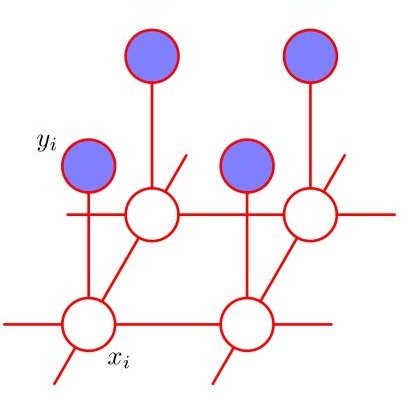In the era of climate change, the distribution of climate variables evolves with changes not limited to the mean value. Consequently, clustering algorithms based on central tendency could produce misleading results when used to summarize spatial and/or temporal patterns. We present a novel approach to spatial clustering of time series based on quantiles using a Bayesian framework that incorporates a spatial dependence layer based on a Markov random field. A series of simulations tested the proposal, then applied to the sea surface temperature of the Mediterranean Sea, one of the first seas to be affected by the effects of climate change.
翻译:暂无翻译
相关内容
专知会员服务
34+阅读 · 2019年10月18日
专知会员服务
36+阅读 · 2019年10月17日
Arxiv
12+阅读 · 2021年5月7日
Arxiv
23+阅读 · 2020年8月10日




